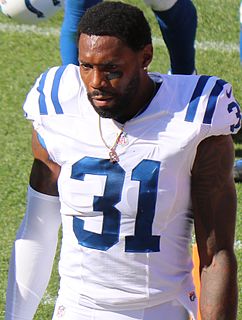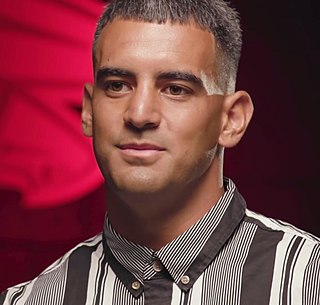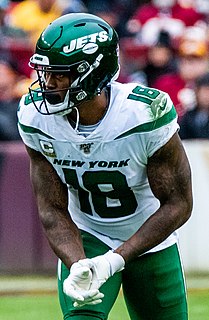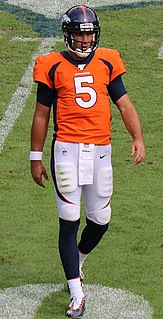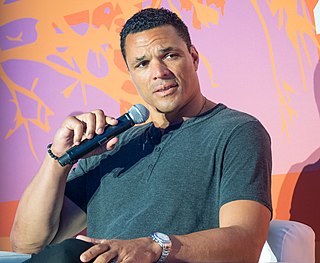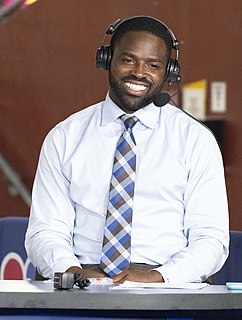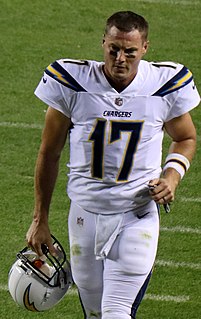A Quote by Ernest Sosa
Compare the credit for a football touchdown, which might be shared by the receiver not only with the quarterback, but also with the linesmen who make crucial protective plays, etc. The success of the touchdown play depends on the receiver, it is true; but in a particular case it might depend far more on the work of others.
Related Quotes
You need to just understand where the ball is and how to use your body. Timing your jump the right way is crucial. Learn how to use your body to shield the receiver and box him out, again, much like a rebound. Trying to beat a receiver to a ball can be a lot like you're posting him up. Rebounding is great practice because you can employ those skills - body position, leverage, timing - a lot more than you might in a football game or practice if the quarterback doesn't look your way.
A lot of things look good on an academic's blackboard in terms of the actions that need to be taken. It's almost like a football coach, when you draw the X's and O's: Every play that is chalked on that board goes for a touchdown. Well, there are a lot of yards to be made between the line of scrimmage and the touchdown.
The two biggest things to understand when you're tracking the ball as a defensive back is your position on the field and understanding that once the ball is in the air you become the receiver. Too many young defensive backs worry about the receiver catching it or what the receiver is doing instead of focusing on what they should be doing. Just go out and make the play yourself, don't worry about him. Know where the ball is and attack it. Put yourself in position to bat it or catch it and make the play.
When I'm recording, which is synonymous with writing, I'll play things over and over again until it sounds like I've got the right guitar part. Whereas I think, as the much younger player I tended to do things much more consciously. I didn't wait for the moment where inspiration might strike. That's what I do now. I wait for it to naturally start to replay itself in my mind. As I say, I don't force it. So I like to think of myself as a receiver. I'm a telephone line to who knows where, but until I hear it through that receiver, I don't usually do it. It's got to start writing itself somehow.



